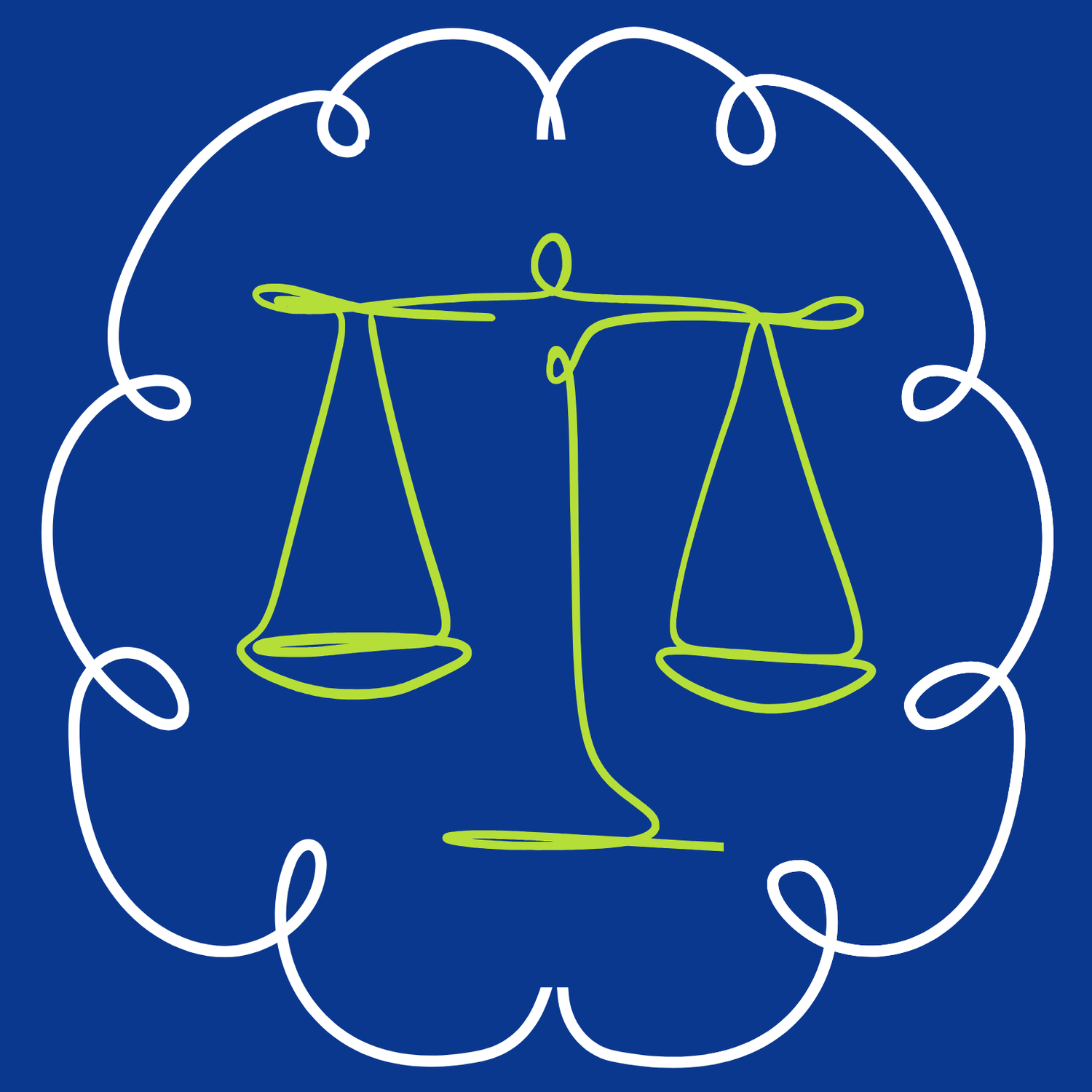Law Basics & Legal System
Topics of relevance as identified by the
American Board of Psychiatry & Neurology Board Certification Examination Content Outline.
Learn Forensic Psychiatry is not affiliated with nor endorsed by ABPN.
Foundations of Law
Constitutional Law
Supreme law of the United States
Establishes the federal government
Divides power
Sets up checks and balances
Protects individual rights
State Constitutions
Govern within the state’s borders
Cannot override or contradict US Constitution
Statutory Law
Federal Statutes
Laws passed by Congress and signed by the President
State Statutes
Laws enacted by State Legislature and signed by the Governor
Regulations/ Administrative Law
Created by executive agencies empowered by statutes to regulate specific areas
Case Law
Developed by judges through court decisions
Based on precedent (Stare Decisis - “Let the decision stand”)
Adjudicative Process
Criminal Law
Government v. Defendant
Aim: Punish, Deter, Rehabilitate, Protect Society
Penalties: Fines, Incarceration
Burden of Proof: Beyond a Reasonable Doubt, rests with government
Criminal Procedure:
Investigation
Arrest (requires probable cause)
Charging (by prosecutor)
Initial arraignment
Defendant appears before judge & enters a plea
Bail or pre-trial release determined
Preliminary Hearing (determine if enough evidence to proceed)
Grand Jury (determine if probable cause for indictment)
Pretrial Motions
Trial
Verdict
Sentencing
Appeals
Civil Law
Plaintiff v. Defendant
Aim: Make the injured party whole
Penalties: Monetary damages
Burden of Proof: Preponderance of the Evidence (more likely than not), rests with plaintiff
Civil Procedure:
Governed by Federal Rules of Civil Procedure (FCRP) in federal system, and similar rules in state systems
Plaintiff files claim, including facts, legal claim, and requested relief
Service of process formally notifies defendant
Defendant responds with answer or motions
Discovery (interrogatories, depositions, requests for production)
Pretrial motions
Resolution through settlement, pretrial arbitration, mediation
Trial (if not resolved)
Judgment
Post-trial motions
Appeals
Evidentiary Admissibility
The judge serves as the gatekeeper for admission of scientific and technical evidence.
General Acceptance (Frye Standard) - Frye v. US, 1923
Is it generally accepted by the scientific community?
Used by some states.
Daubert Standard - Daubert v. Merrell Dow, 1993
Prongs:
Can/has the methodology been tested?
Is the technique subject to peer review and publication?
Is there a known or potential error rate?
Do standards exist, and are they maintained?
Is the technique generally accepted by the relevant scientific community?
Used in the federal system and many states.
Applies to all expert evidence, not just scientific (Kumho Tire v. Carmichael, 1999)
Federal Rule of Evidence 702 (FRE 702)
Governs admissibility of expert testimony in federal cases.
Expert must be qualified by knowledge, skill, experience, training, or education, with specialized knowledge beyond what the ordinary person would know.
Expert may testify if:
Expert’s specialized knowledge will help the trier of fact to understand the evidence or determine a fact at issue.
Testimony is based in sufficient facts & data.
Testimony is the product of reliable principles and methods.
Expert has reliably applied the principles and methods to the facts of the case.
Standards for Expert Testimony
Federal Rule of Civil Procedure 26 (Rule 26)
Provides rules for use of expert witnesses in federal cases.
Each party must provide a list of experts they plan to call at trial at least 90 days prior.
Rule 26 Expert Reports: Experts must prepare a report containing their opinions and their basis, data reviewed, expert qualifications, compensation, and a list of prior testimony over the past 4 years.
Standard of Proof
Standard of Proof: the degree of certainty or evidence required for a ruling
Beyond a Reasonable Doubt
Highest level of evidence.
Used in criminal cases, SVP cases (most states)
Clear and Convincing Evidence
Intermediate level of evidence.
Used in civil cases, civil commitment, insanity (federal & most states), termination of parental rights, guardianship, will contests, withdrawal of life-sustaining treatment of an incompetent individual, deportation.
Preponderance of the Evidence
More likely than not, >50%
Used for commitment of NGRI acquittees, competency to stand trial, workers’ compensation.
Probable Cause
Used for arrest, search, & seizure.
Reasonable Suspicion
Lower than probable cause.
Used for stop & frisk or investigative stops.

